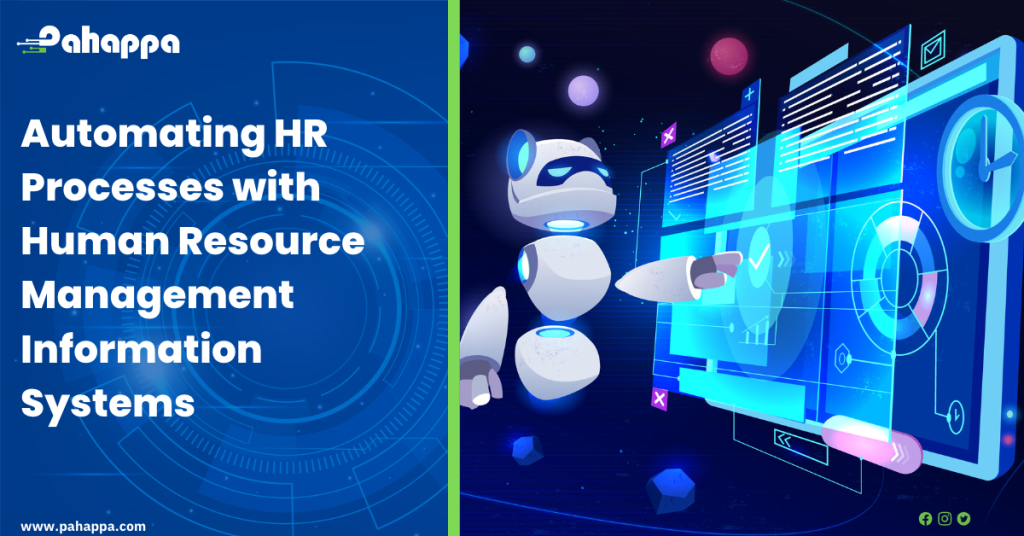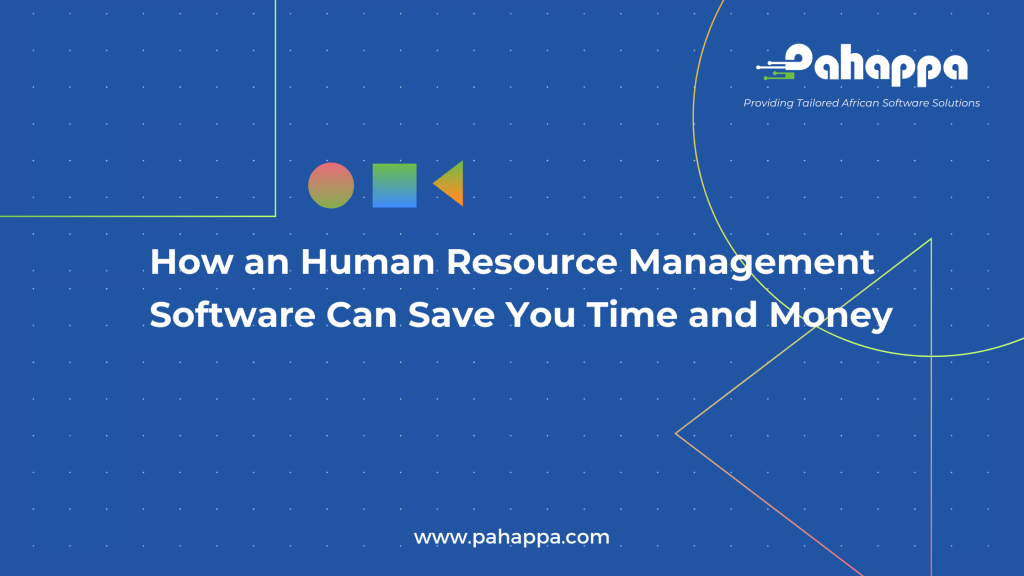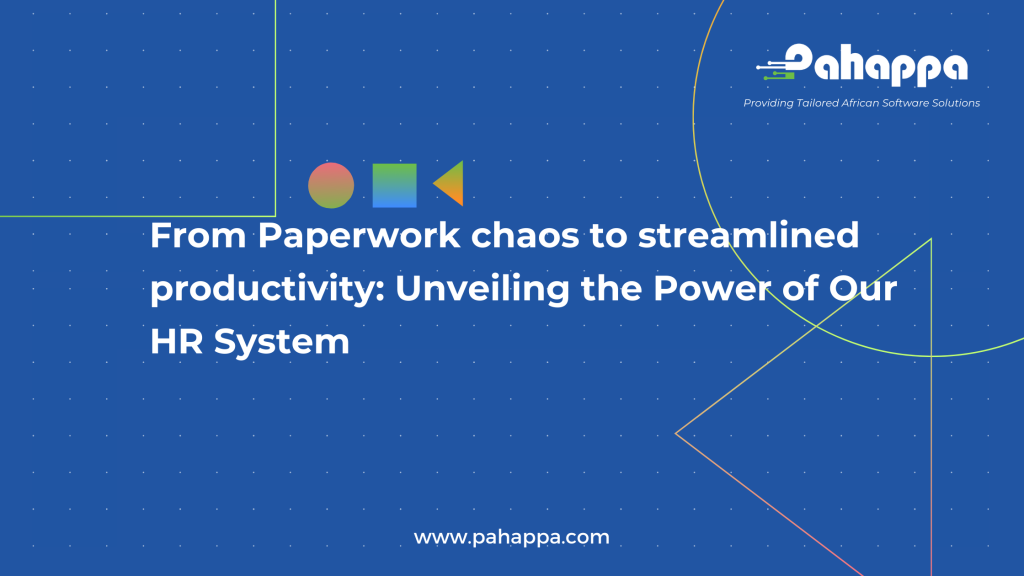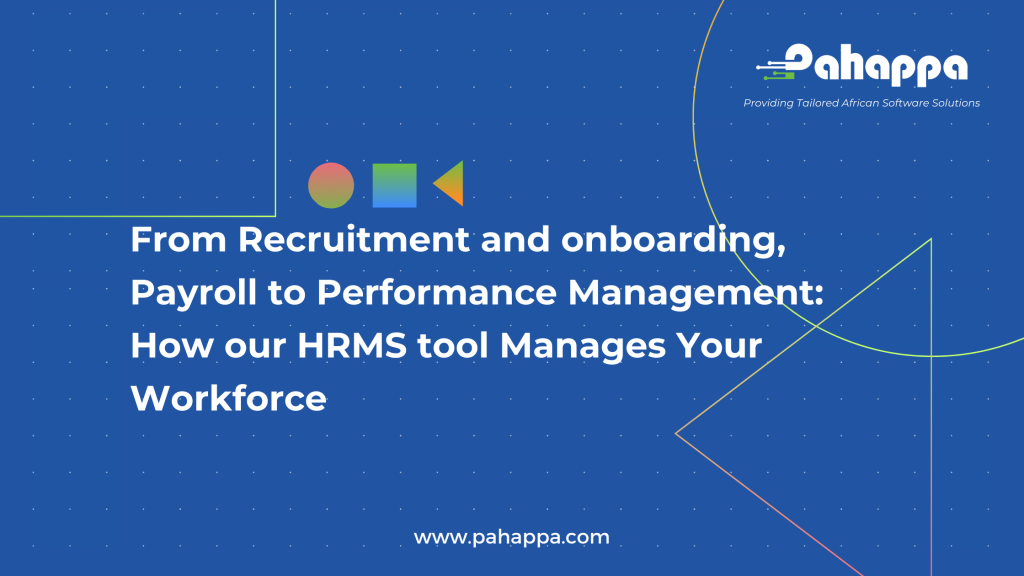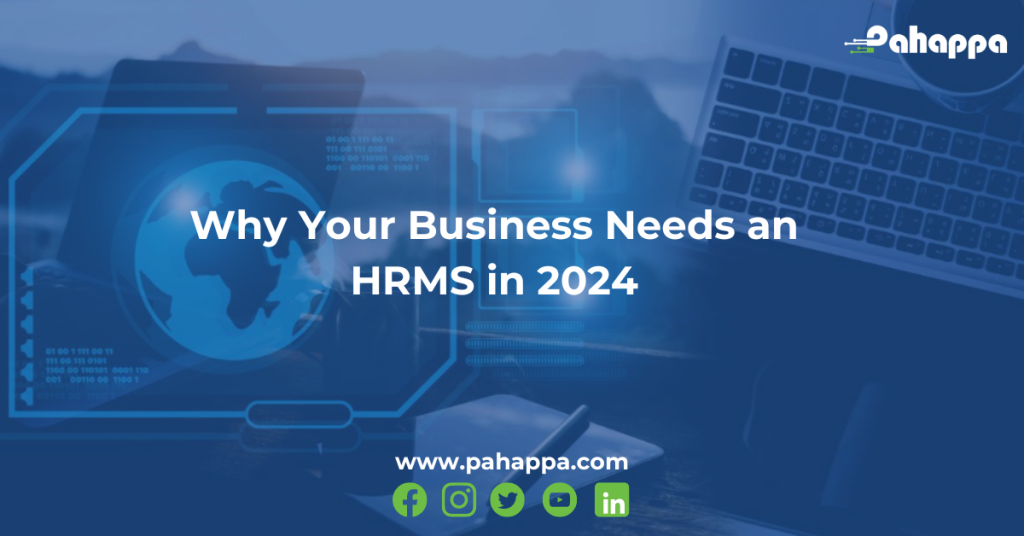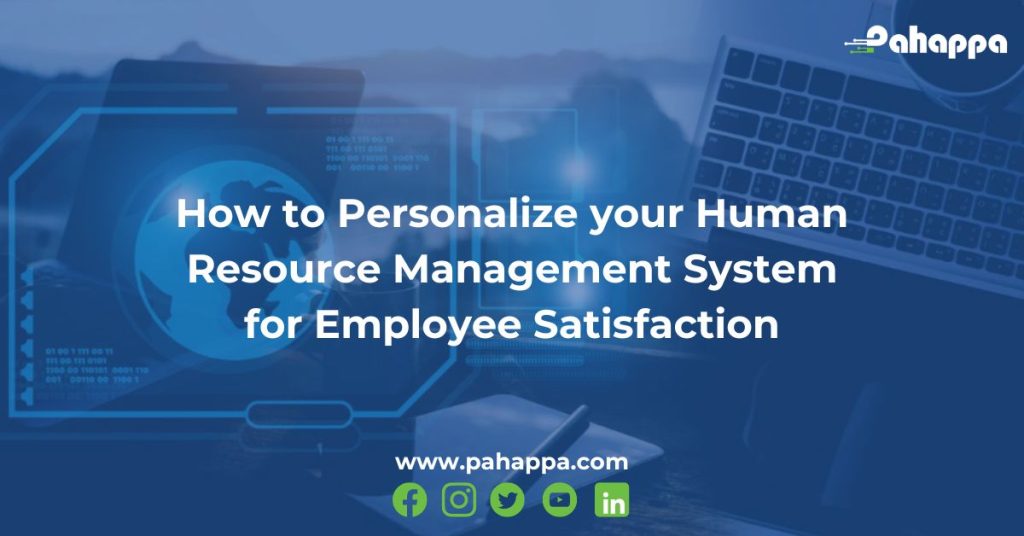Human Resource Management Information Systems (HRMIS) are software applications that help automate and streamline HR processes. HRMIS can help organizations manage employee data, track employee performance, manage payroll and benefits, and automate other HR processes.
There are several benefits to automating HR processes with HRMIS, including:
- Increased efficiency: HRMIS can automate many manual HR processes, freeing up HR staff to focus on higher-value tasks. For example, automated onboarding can reduce errors and omissions in the new-hire process, while automated performance management can improve consistency and objectivity in the evaluation process.
- Improved accuracy: By automating HR processes, organizations can reduce errors and ensure that employee data is up-to-date and accurate. This makes it easier for government to view real-time data.
- Better compliance: HRMIS can help organizations stay compliant with labour laws and regulations by automating compliance-related tasks. This reduces the risks of complaints from organisations and workers because laws are clearly stated and followed.
- Enhanced reporting: HRMIS can provide real-time data and analytics, enabling organizations to make data-driven decisions about their workforce. If you have more than one office or store within your organisation, it can be easy for different business processes to be adopted within individual locations.
- Time and Cost Savings: Automating HR processes reduces the time and resources needed for manual tasks, such as data entry, filing, and tracking employee information. This, in turn, reduces costs associated with manual labour, printing, and storage.
- Enhanced Employee Experience: Automated HR processes can help enhance the employee experience by providing self-service options, such as online benefits enrollment, vacation requests, and performance reviews. This can help reduce the administrative burdens on HR staff and provide employees with greater control over their own information.
- Better Analytics: HR automation provides data analytics that can help identify trends and patterns in employee behaviour, performance, and satisfaction. This information can help HR departments make informed decisions about employee retention, training, and development.
When implementing an HRMIS, it’s important to ensure that the system is easy to use, integrates well with other systems, and provides the necessary functionality to meet the organization’s needs. It’s also important to provide adequate training and support to ensure that HR staff can use the system effectively.
Overall, automating HR processes with HRMIS can help organizations save time, reduce costs, and improve the overall efficiency of their HR operations. To learn more about HRMIS, click here.


